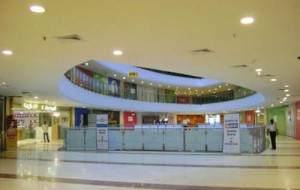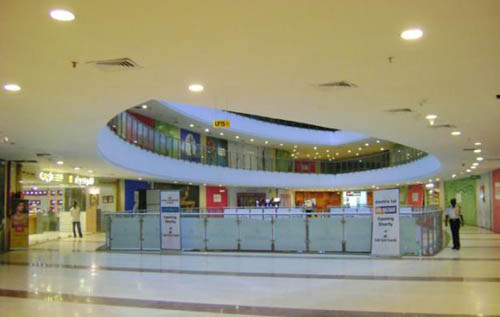 In Q2 2012, the retail landscape in India was characterized by subdued demand coupled with restrained supply of mall space and largely stable rentals, says a DTZ report. While continued high inflation levels have restrained consumer spending and delayed purchase decisions, the slowdown in economic growth and weak consumer sentiments have resulted in a sense of uncertainity amongst retailers thereby putting expansion plans on hold.
In Q2 2012, the retail landscape in India was characterized by subdued demand coupled with restrained supply of mall space and largely stable rentals, says a DTZ report. While continued high inflation levels have restrained consumer spending and delayed purchase decisions, the slowdown in economic growth and weak consumer sentiments have resulted in a sense of uncertainity amongst retailers thereby putting expansion plans on hold.
Subdued demand for retail space also resulted in developers going slow on several underconstruction projects. As a result, in Q2 2012 the retail markets in India (pertaining to NCR-Delhi, Mumbai and Bengaluru), witnessed a restrained supply of new mall space.
Bengaluru was the only city to witness new mall supply, which was recorded at 1.3 million sq ft. No new supply was witnessed across other key retail hubs, namely Delhi-NCR and Mumbai, in the current quarter.
Cummulative vacancy levels across the three major cities was recorded at 9.96% of the total retail mall stock. While Delhi-NCR and Mumbai registered double digit vacancy levels at approximately 13% and 10% respectively, Bengaluru witnessed lowest availability level of 3%.
Many major brands, spread across Indian and international retailers, plan to set up new stores. However, even as the total planned expansion across these brands amounts to approximately 990 new outlets, just about a quarter of these new developments are expected to be executed in the next 12 months.
The overall retail market sentiments remained largely “tenant favourable” across major cities. Large upcoming supply across most markets coupled with high vacancy rates and restrained take-up levels helped retailers negotiate favourable deals from developers.
Anshul Jain, CEO, DTZ India said, “Even as Indian consumers have exhibited a growing demand for luxury and high end imported brands, the steep depreciation in domestic currency value will adversely impact demand for imported products in the short term. However, most retailers are bullish on the long term growth potential of retail industry in the country. Moreover, the upcoming festive season in the second half of the year is likely to provide some stimuli to the retail landscape in the country.”





